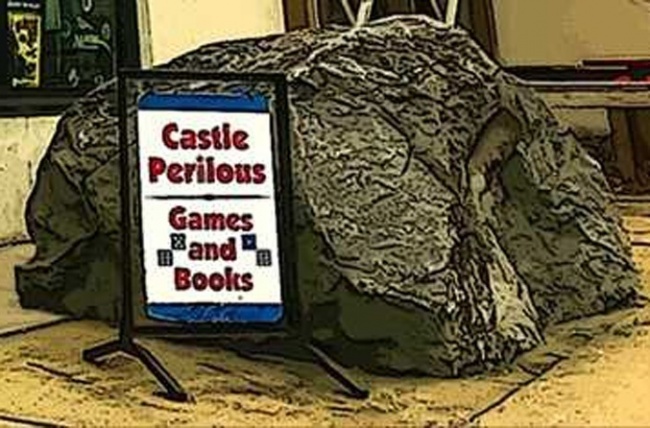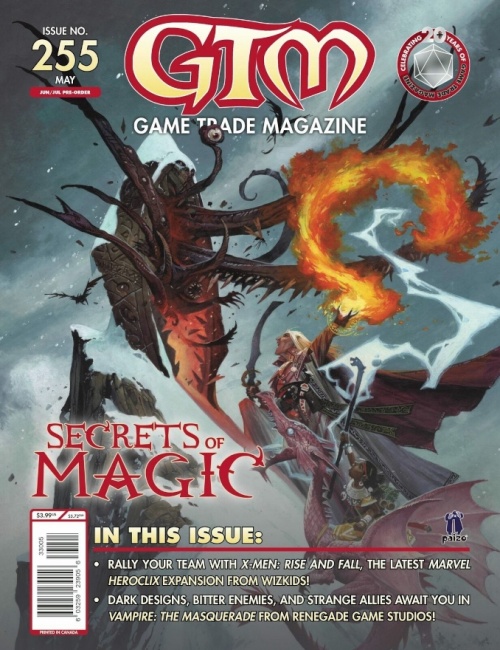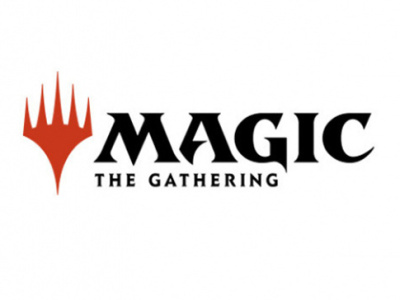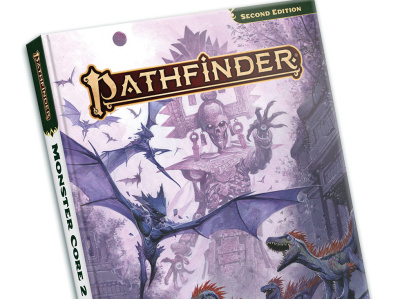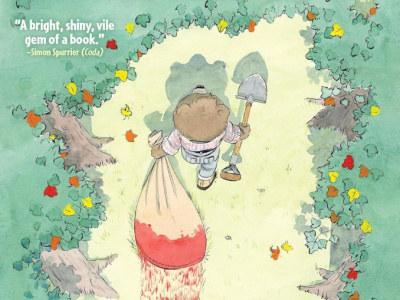Rolling for Initiative is a weekly column by Scott Thorne, PhD, owner of Castle Perilous Games & Books in Carbondale, Illinois and instructor in marketing at Southeast Missouri State University. This week, Thorne explains the value he sees in distributor magazines, and shares his thoughts on Mike Webb’s move from Alliance Game Distributors to Paizo, Inc.
A discussion came up in a Facebook group as to how valuable the print distributor magazines, such as Game Trade Monthly and Meeple Monthly remain in today’s "everything is findable on the Internet" age. Back in the early Internet days of the game industry, they provided indispensable information about new releases on the horizon, while others, such as Scrye and InQuest Gamer, provided information on the then-burgeoning TCG market. However, while the Internet has relegated the TCG magazine to the status of nostalgic curiosity, I would argue that the seemingly anachronistic distributor magazines still serve a function in today’s information-is-but-a-few-keystrokes-away society. Here are two:
1. Internet Access. Given that you are reading this on the Internet, it seems amazing that segments of the U.S. population still do not have internet access, AKA the Digital Divide. While smaller than the last time I checked, still about 17% of the population does not have reliable internet access. For example, our store does a significant amount of business with prison inmates, who do not have internet access, as least not access that does not cost them a significant amount of money so they look forward to receiving, and ordering from, each month’s Game Trade Monthly and Meeple Madness.
2. Aggregating. As I mentioned back in 2017, distributors perform several important functions, including breaking bulk and, for our purposes here, aggregating products (see "Rolling for Initiative – Why Distributors Matter"). Distributors pull lots of different items from different sources into one convenient location, making it easier for publishers to ship cases to a central location and for retailers to purchase in smaller quantities from the selfsame central location. Publisher magazines perform a somewhat similar function. If I rely on publisher Facebook groups or emails, or even distributor emails about upcoming releases and restocks, they are generally only going to get a fraction of my attention and I will likely not pass them along to the staff to peruse. A print distributor catalog, by its very nature, encourages me to sit down and flip through its pages. I might never see the dozens of publishers and hundreds of items the catalog contained without spending hours roaming the internet, going from link to link. The distributor mags pull all this information together conveniently and makes it easy to pass along to the staff.
Our store will keep ordering them, using them and passing them along as long as distributors keep publishing them. I hope your store does too.
The movement of Mike Webb from Alliance after twenty years at Alliance over to Paizo caught me by surprise but certainly appears a good move for Mr. Webb (see "Mike Webb Hired by Paizo"). Near as I can tell, this is a fairly lateral move allowing Webb to focus on one company’s product line, rather than all of the marketing operations for an entire distributor. I have known Mike since his time at Zocchi Distribution, which was housed in a huge converted cotton warehouse in Olive Branch, Mississippi. And fondly remember the Magic: The Gathering release events he hosted there in the late 1990s. Those who know Mike know him as one of the nicest people in the industry, one of the most knowledgeable people in the industry, and one of the best cooks in the industry. Congratulations Mr. Webb.
The opinions expressed in this column are solely those of the writer, and do not necessarily reflect the views of the editorial staff of ICv2.com.

Column by Scott Thorne
Posted by Scott Thorne on July 6, 2021 @ 2:58 am CT
MORE GAMES
Constructed Formats are in a Lull, Time to Brew Up Better In-Store Events
August 20, 2025
Constructed formats are losing their luster, time to try a Halloween Cube.
Expands on First Core Bestiary Rulebook; Adds Eight New Dragons
August 20, 2025
Paizo, Inc. will release Pathfinder Monster Core 2 , for Pathfinder 2E RPG , into retail.
MORE COLUMNS
Column by Rob Salkowitz
August 19, 2025
For Horror Week, columnist Rob Salkowitz asks whether the horror boom can help get us through a moment full of woe and dread.
Column by Scott Thorne
August 18, 2025
This week, columnist Scott Thorne discusses some of the most frightfully fun games of the year for Horror Week.



